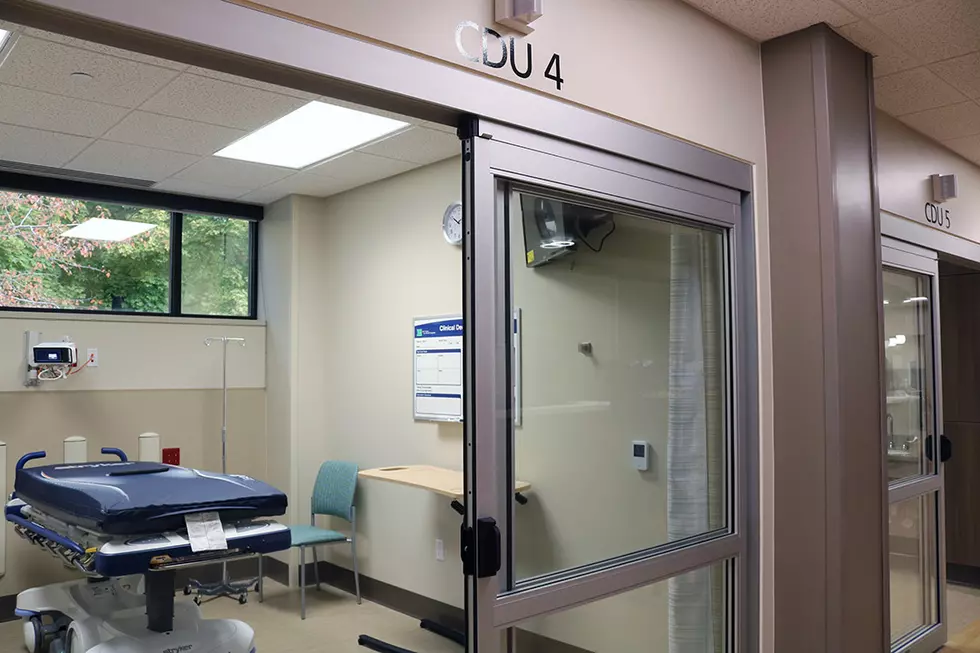
Bill to legalize ‘medical aid in dying’ for terminally ill patients clears Nevada Legislature
April Corbin Girnus
(Nevada Current) The Nevada State Legislature has passed a bill to legalize the use of life-ending medication by terminally ill patients.
Senate Bill 239 would limit the prescription of life-ending medications to mentally competent adults who have been diagnosed with a terminal condition by two medical practitioners and are expected to live just six months or less. The medications would be self administered in pill form.
The bill passed the Assembly 23-19 on Wednesday. It passed the Senate 11-10 on April 19. No Republicans supported the measure, and several Democrats across both houses also opposed.
SB 239 now heads to Gov. Joe Lombardo’s desk, where he will have five days to veto or sign before it automatically becomes law.
No governor has vetoed an end-of-life options bill, according to Compassion and Choices, a national advocacy group that worked on the bill with state Sen. Edgar Flores (D-Las Vegas).
Some form of bill to legalize the use of life-ending medications for terminally ill patients has been introduced in every Nevada legislative session since 2015. Prior to this year’s session, the furthest a proposal had advanced was in 2017, when a bill sponsored by then-state Sen. David Parks narrowly passed the Senate but was not granted a committee hearing in the Assembly.
According to the Compassion and Choices, 10 states and Washington DC have authorized the practice and more than a dozen others have pending legislation on the issue. Oregon in 1997 was the first state to legalize it.
Over the years, such legislation has been called different things — “death with dignity,” “right to die” and, more recently, “medical aid in dying” or “end-of-life options.”
The emotionally charged hearings for SB 239 saw passion on both sides of the contentious issue. Proponents of the bill argued medically assisted death is a compassionate option that respects the wishes of patients. Opponents expressed concerns that marginalized groups would be pushed toward the practice.
